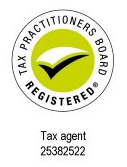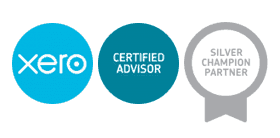As a business owner, the thought of selling your company can be quite daunting. You’ve poured your heart and soul into building it, and it’s crucial the company continues to grow even after your departure. An attractive option is selling your business to your employees, those who know your business inside and out and have a vested interest in its success.
The upside of employee acquisition
Selling your business to your employees provides a seamless transition with minimal disruption. Employees already understand how the company operates and have established relationships with clients, suppliers, and investors. The transition is usually smooth, as there’s no need for extensive training or introduction to a new owner.
Moreover, selling to an employee often means less hassle, saving you the time and effort required to bring an external buyer up to speed. You might also not need to stick around for as long as you would if you sold to someone outside the business, as the new owner won’t need as much training.
The downside of employee acquisition
Though selling to an employee can seem ideal, it does come with potential drawbacks. The sale price might be lower than what you might get on the open market, and there’s a possibility that the employee doesn’t have enough capital to seal the deal, meaning you might have to help fund the purchase.
The selling process
Selling to an employee generally follows a common path, involving various steps including agreeing on a sale price, having the business evaluated, establishing whether the employees can buy your business outright or if you need to finance part of the deal, and drafting an agreement to transfer ownership. It’s crucial to have each stage overseen by professionals to ensure everything is done correctly and legally.
The Employee Stock Ownership Plan (ESOP) option
Consider an Employee Stock Ownership Plan (ESOP) whereby you sell the business to all qualified employees instead of a single buyer. ESOPs can either be funded by the employees, or more commonly, by the seller. In either case, ownership of the company transfers to the employees, and you receive the sale price plus interest.
Preparing your employee for leadership
Once all the paperwork is complete, it’s time to start the transition process. The duration will depend on the level of experience and knowledge your employee possesses. If you’ve been mentoring them for an extended period, the transition will be smoother.
Conclusion
Selling your business to an employee is a viable way to ensure it continues to operate successfully. While you may not get the same price as selling on the open market, the advantages of a smooth transition and the knowledge that your business is in trusted hands often outweigh the potential financial differential.
Contact us for some independent advice on this option.









